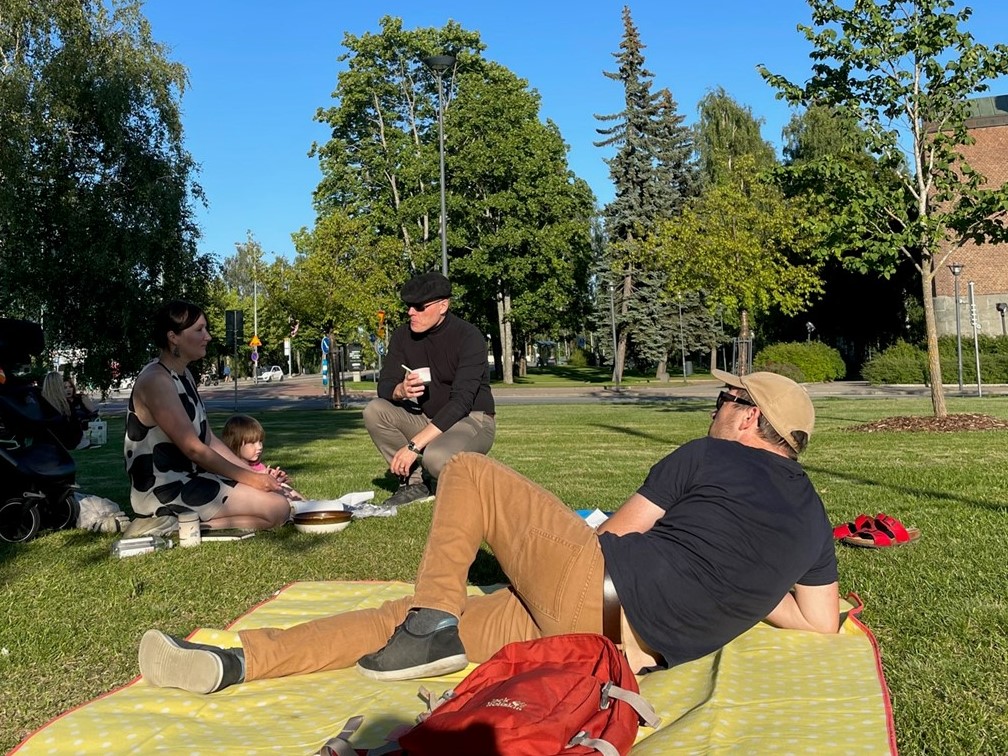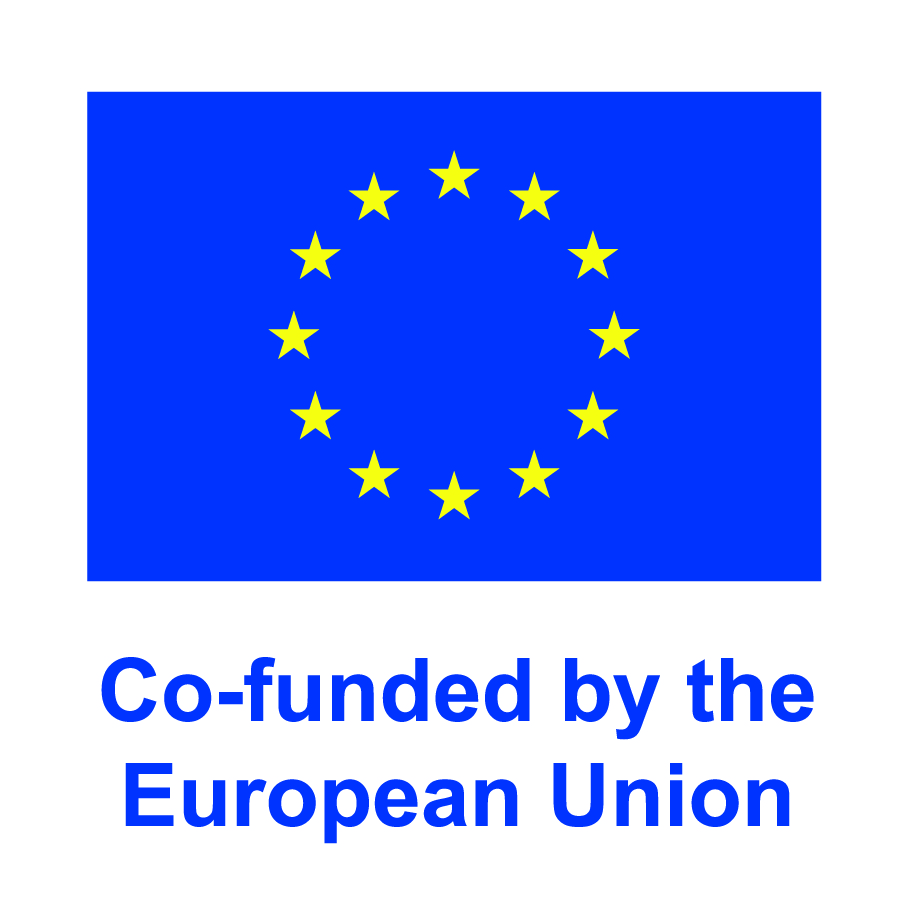Learning teamwork at the PISH picnic
Here’s why we organized the teamwork picnic. The PISH project, of which the University of Eastern Finland was a partner, is about to end. PISH stands for Problem-based learning, Intercultural communication, and STEM in higher education. The project is a transnational partnership that provides online and offline tools to develop students’ intercultural competences in multicultural classrooms. PISH tools are divided into thematic areas, such as language barriers, prejudice, collaboration skills and intercultural management.

Multiplier event
To promote the results, the Karelian Institute organized a multiplier event with the Joensuu Coffee Shop Writers. To benefit from warm weather, the event took the form of a teamwork picnic. The teamwork picnic participants got a task to discuss about group dynamic and find examples of good teamwork practices. Literature and film served as case studies. The discussion unearthed many interesting insights, and the activity proved to be adaptable to the classroom. Since popular culture is a significant element of everyday life, students should be able to identify at least one story where characters must form a group. As an extra bonus, the teacher may use the activity as a get-to-know-others exercise, where students present their favourite stories.
Learning from popular culture
But what can movies and books teach us about teamwork? The participants made a long list of ‘team stories’, from war stories to sports comedies, which proves that people must constantly work together, in all kinds of settings. The participants also observed that the team usually includes characters with very different personalities or backgrounds, but with at least one unifying feature. Diversity in ‘team stories’ is a source of tension and conflict that drives the story forward. In fact, a dramatic falling out is an essential part of ‘team stories’. This usually happens after tasks are divided, when there is a failure. By taking apart conflict situations, the participants observed a pattern. To succeed, the team must identify each member’s strengths, but some members may have to prove themselves. So, getting to know one another is a crucial step. Also, the key to solving the conflict is leadership, and qualities associated with it: a sense of responsibility, negotiations skills.
Popular culture is clearly a rich source of good practices when it comes to teamwork. Interestingly, the participants also discovered that sometimes teams fail. This happens especially in horrors, where usually only one character can succeed. This is also a useful lesson to learn so students know how to avoid turning a group assignment into a horror story.
Access PISH tools and other publications at this link.
Link to another post about PISH.
PISH project has received funding from the Erasmus+ KA2 Program. Project no. KA203-2020-013

Erasmus+
